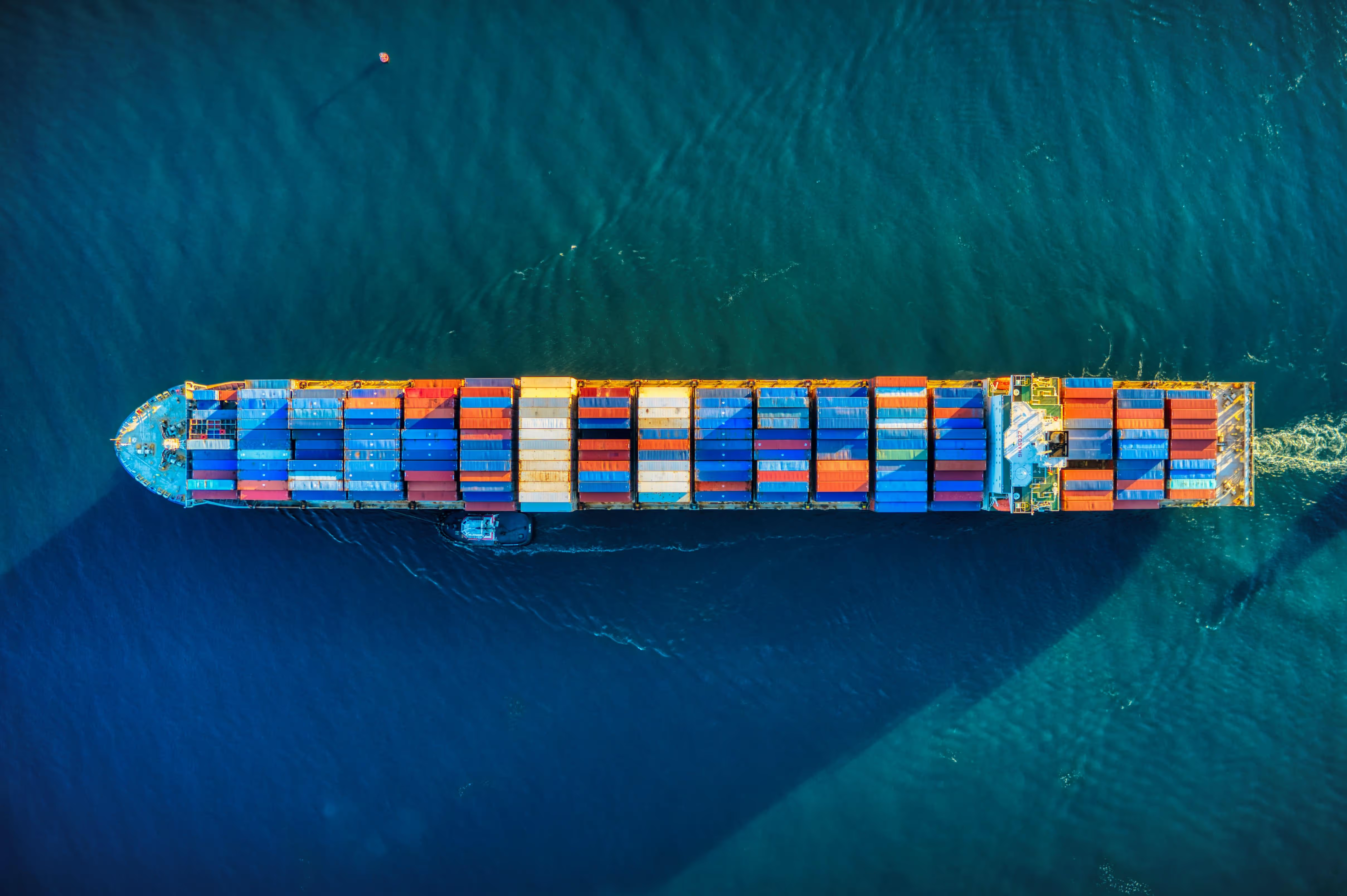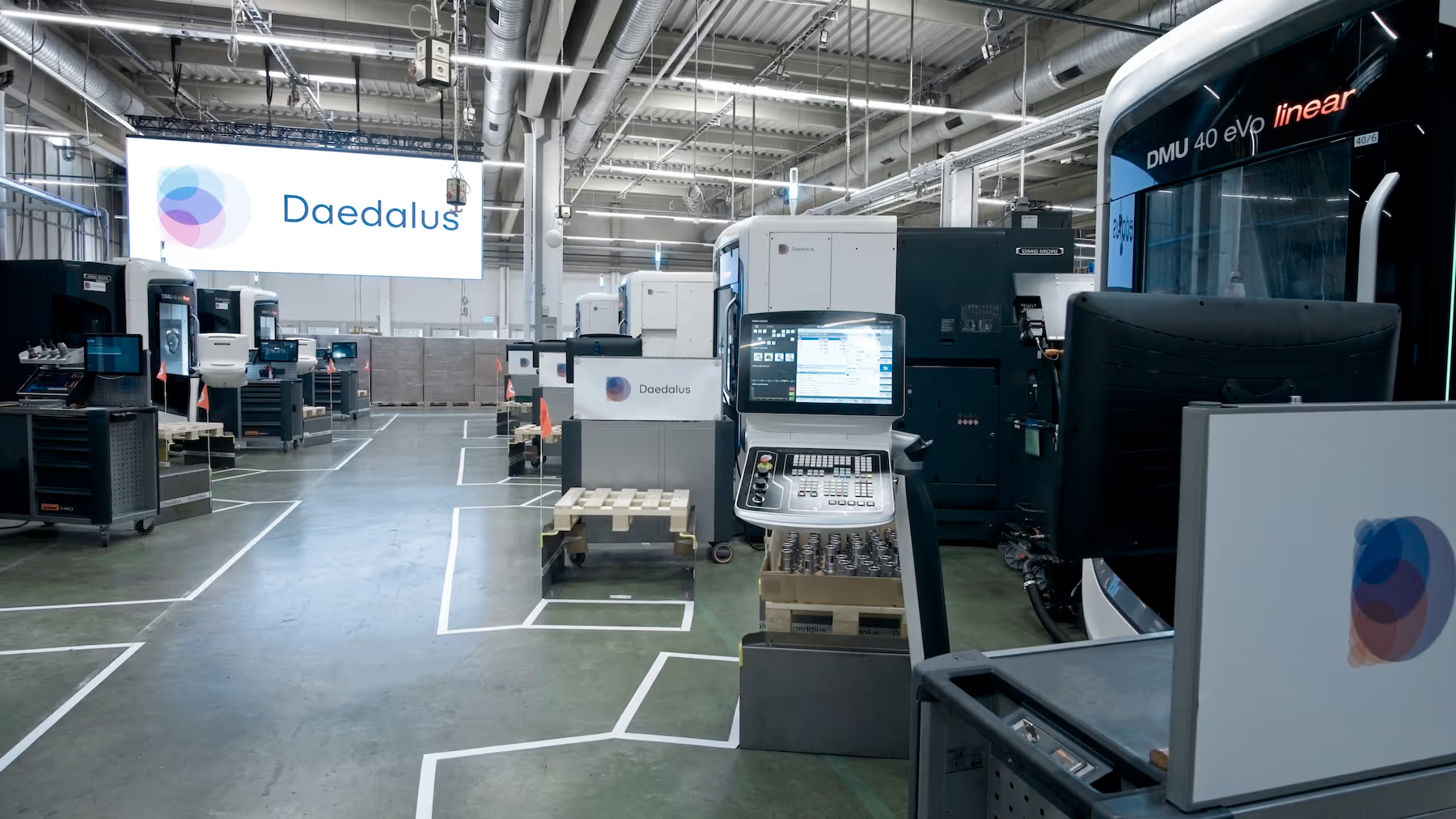Listen now
The logistics industry has attracted over $100B in venture funding and produced over 40 unicorns, including 15 such exits, since 2015. Global venture investment in the logistics industry increased ten times during this period.
The largest winners have been last mile consumer marketplaces such as Doordash, Deliveroo,and Postmates. Multi-modal freight companies such as Flexport and Convoy in the US and Manbang and LalaMove in China have also exceeded unicorn status or $1 billion valuations. Investment initially focused on last mile delivery, multi-modal efficiency, and reducing industry fragmentation through consolidation. The onset of COVID brought additional attention to supply chain resiliency and flexibility.
At NGP we have actively invested in logistics and transportation for a decade and have made over 20 investments – including six unicorns – across the US. Europe, and Asia. In this article, I will dive into the recent trends and opportunities in the logistics industry, and explore how startups and scale-ups, are working on tackling global supply chain challenges.
Supply Chain Resiliency and Flexibility
For the past three decades, companies and logistics firms have focused on cost and inventory reduction. This approach optimized efficiency during stable conditions, yet COVID highlighted implicit costs of supply chain rigidity when disruptions occur. McKinsey has found that supply chain disruptions lasting more than one month occur every 3.7 years costing companies about 40% of a year’s profits every decade on average.
Companies are focusing on supply chain resiliency and flexibility to optimize across the full product lifecycle including anticipated disruptions. Multi-modal logistics providers such as Flexport and Next Trucking have found opportunities for efficiency and resiliency as multi-modal nodes increase. Others like Stord, Flexe, and Spacefilll offer flexible warehouse solutions to dynamically route product flows.
Supply Chain Intelligence
Data lakes can easily become muddy ponds as complex, fragmented supply chains tend to produce dirty data. Walmart, Volkswagen and Nestle each reportedly have over fifty third-party logistics providers leaving their customers to contend with a plethora of siloed data. Adding further complexity, producers know their direct suppliers but lack visibility into their myriad indirect suppliers across long value chains.
Muddy data frustrate efforts to derive actionable insights. The logistics industry generally does not run on a modern software stack. Instead, companies are saddled with old software and technology debt with balkanized data siloes that frustrate the adoption of leading analytics software.
A new generation of software companies is emerging to address these challenges. Startups such as Project44, FourKites and Shippeo offer supply chain visibility solutions to help companies monitor the flow of shipments and adjust in real-time disruptions. Pando and CognitOps offer solutions to optimize workflow within warehouses.
Automation and Robotics
Over 200 robotics and automation companies exhibited in March at Modex, about a quarter of all showcased companies and over four times the number represented just a few years ago. Automation is a rapidly growing field as warehouse operators explore solutions to deal with increased throughput volume, tight labor markets and rising operating costs. The payback period on automation solutions is declining as robots become more dexterous, efficient and intelligent.
Our recent investment in SVT Robotics offers insight into robot deployment with a solution that orchestrates automation in a multi-robot environment. Large warehouse operators report reduced labor by 30% or more as they move from pilots to broad robot deployment in the past two years.
Onshoring and Nearshoring
In 2021 Intel and TSMC both broke ground on large semiconductor fabs in Arizona. Intel and TSMC are expected to invest $20 and $12 billion, respectively, which will onshore chip production previously fabricated in Asia.
Multinational companies across many industries are moving production onshore or nearshore. As global supply chains fracture with trade wars and COVID, reshoring production improves supply chain risk and resiliency. The U.S. government has announced over $100 billion in investment to improve transportation infrastructure in support of these initiatives.
Automation is also improving the unit economics of reshoring independent of political considerations. Multinationals have offshored manufacturing for decades to reduce production costs with lower cost labor. Robotic automation reduces labor arbitrage making it less costly for onshore or nearshore production in many cases. Automation also helps disaggregate production enabling companies to onshore some processes even if core production operations remain overseas.
Electric Vehicles
Electric vehicles are getting traction in the logistics industry much as in the consumer sector. Rivian, which received a $700 million investment from Amazon in 2019, doubled its production rate in the second quarter and claims to be on pace to produce 25,000 vehicles in 2022.
Electric vehicles are also unlocking new modes of distribution. Over 150,000 cargo bikes have been sold in Germany and France in the past year integrating with logistics providers to improve last mile delivery efficiency while reducing congestion and emissions in cities.
Investment Prospects and the Economy
Predictions are hard, especially those about the future. Stock markets slid well into bear market territory in June as NASDAQ dropped to 33% below January price levels. The United States added 372,000 jobs in June and the labor market remains tight, yet NGP Capital Q proprietary data indicates that job openings have declined by 39% since February among 12,000 venture-backed companies. Amazon, an e-commerce bellwether benchmark, announced they will cancel or defer plans for at least 16 warehouses in 2022 due to slower e-commerce sales. The logistics industry has fared better than most, yet venture funding is likely to decline in 2022 for just the second year since 2017 according to NGP Capital Q data.
While the economic outlook is cloudy, NGP Capital remains optimistic about prospects for innovation in the logistics sector. We believe significant opportunities remain to reconfigure the supply chain bringing flexibility and resiliency, offer end-to-end visibility and intelligence, and increase automation.
Downturns are a good time to be an entrepreneur. Apple, Cisco, Google and Microsoft were founded during economic downturns. Among the nine logistics unicorns listed in the first paragraph, seven were started when venture funding was relatively scarce. Low tides favor capable entrepreneurs as they can build companies with fewer copycat competitors and with less cash over longer timelines meaning less ownership dilution for management and investors alike.

.svg)






.svg)






